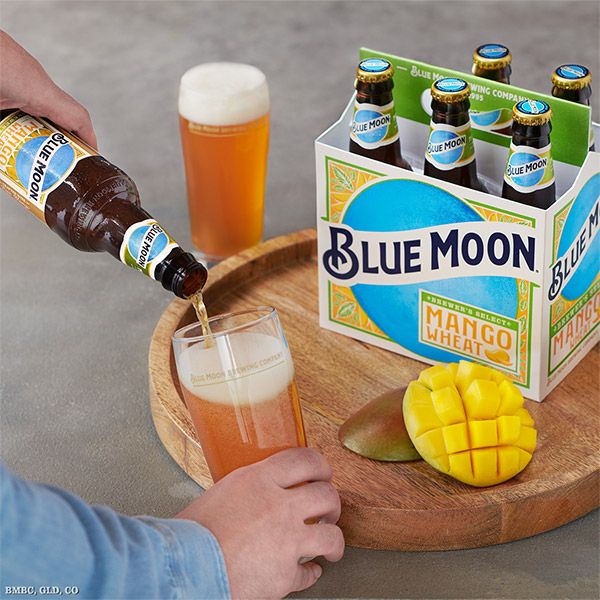The income of the macro breweries is fragmented in the world, concluded an analysis released by the National Office of Economic Research (NBER).
On the one hand, a related interesting direction for future research is to study the role of mergers and acquisitions in the persistence of dominance of manufacturers of consumer packaged goods.
«Large macrobreweries are seeing their revenues become increasingly fragmented as they acquire craft breweries, rather than launch successful new products,» the analysis states.
Macrobrewery revenues and overall market shares would be substantially lower were it not for these recent acquisitions of craft breweries.
On the other hand, in the working document published by the NBER it is stated that contrary to the established wisdom in the specialized press, it was not found that millennial consumers have inherently different preferences for artisanal brands than previous generations, at least for their craft beer case study.
Rather, most of the generational participation gap is attributed to differences in historical experiences with the availability of craft beer.
Breweries
Previous generations of consumers formed their preferences during a period when craft beers weren’t available.
This stock of consumer capital is consistent with other research showing how consumers shape brand preferences over time.
With the emergence of artisan brands, it will be interesting to test whether a similar theory of consumer capital explains the strong preferences of millennials more generally.
Also in the working paper it is suggested that as artisan brands continue to generate awareness and distribution via the Internet and other non-traditional channels, the barriers to entry given to established brands through intensive television advertising will likely continue to erode during the next decades.
Consequently, it is expected to see a decline in the persistence of dominance of the big brands of consumer packaged goods of the 20th century.
![]()

